This is Jason Rezaian (pronounced rezz-EYE-ahn), a 39-year-old Iranian-American journalist from California, who has been working as the Iran correspondent for The Washington Post since 2012.
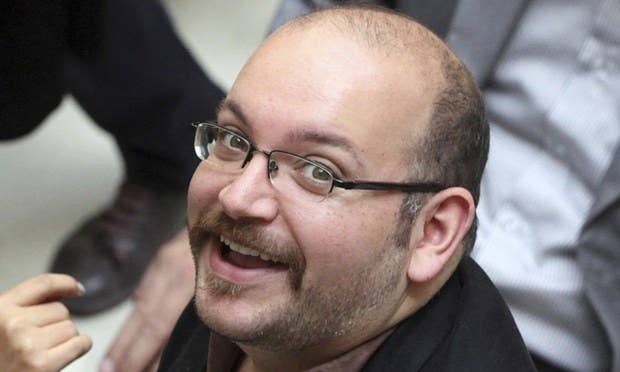
Before joining the Post, Rezaian worked as a freelance journalist, writing for the San Francisco Chronicle, GlobalPost and Slate.
At the Post, Rezaian covered Iranian politics, including the historic elections that ended hardliner Mahmoud Ahmadinejad's presidency and the negotiations over Iran's nuclear program. But he also used his personal background to cover the country in unique ways, writing about Iran's poor losing hope, drug addiction among Iranian women, and about how Tehran foodies are obsessed with American-style burger joints. One memorable piece explored the growing enthusiasm in Iran for baseball, America's national pastime.
On July 22, 2014, Rezaian and his wife Yeganeh Salehi, an Iranian citizen who worked for The National, an English-language newspaper based in Abu Dhabi, were arrested during a raid of their home by Iranian security forces.
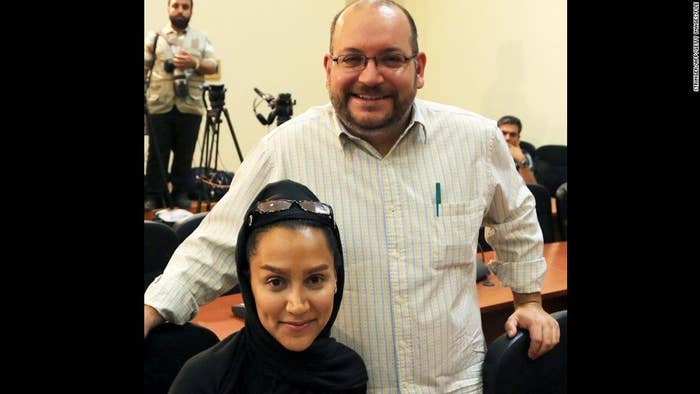
Rezaian is being held in Tehran's Evin prison, which is notorious for housing political prisoners and treating them brutally.
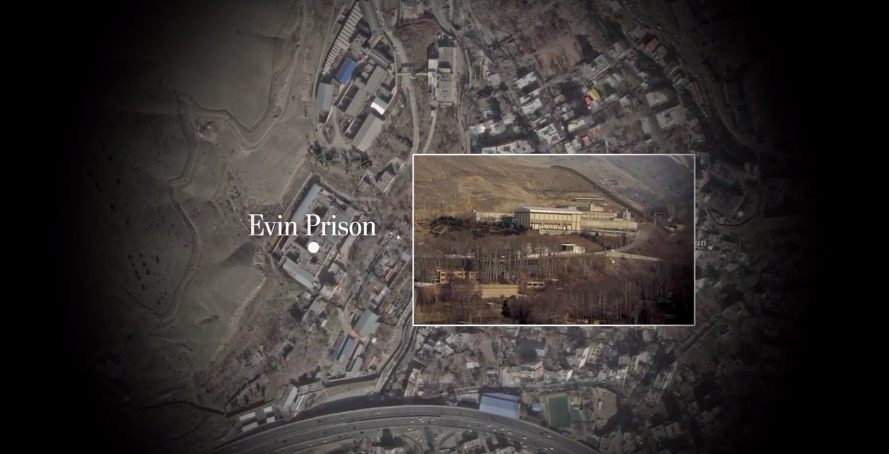
For nine months, Iranian authorities failed to specify why Rezaian was detained or the charges against him. He wasn't allowed to see a lawyer for months — until April this year, when the authorities allowed Rezaian's lawyer to visit him at the Revolutionary Court. There, he was charged him with four serious crimes, including espionage, which carry a maximum of 20 years in prison. The Washington Post, the U.S. government and Rezaian's family have all said that he is not guilty of any of the charges.
Rezaian had the third session of his trial just days before the historic international accord signed by world powers and Iran over the country's nuclear program on July 14.
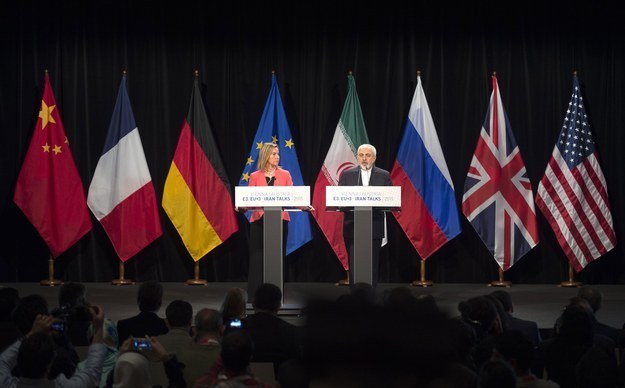
All hearings have been closed to the public and his family members. Rezaian's lawyer is not allowed to discuss the details of the court hearing.
The Revolutionary Court has not set a date for a possible next hearing. But Rezaian's lawyer said on Tuesday that the court has informed her the next session will "almost certainly" be the last one before it reaches a verdict.
In a video produced in April, Rezaian's brother Ali talks about how his brother took a journey from San Francisco to their father’s native Iran and how his detention in prison is making his medical conditions worse. Rezaian has chronic eye infection.
View this video on YouTube
Earlier this year, Rezaian's family released a statement after the Iranian government assigned his case to a hard-line judge who has been known to impose harsh prison sentences, lashings and death for defendants in high-profile cases.
With both U.S. and Iranian citizenship, Jason wanted to walk in his ancestors' footsteps and dispel myths each country has about each other ... He has been detained longer than any other foreign journalist in Iran to date. We are fighting to save his life, and we need your help to do so.
The petition was started by a group that calls itself "Supporters of Jason Rezaian and a free press" and promoted by The Washington Post as well as organizations like The National Press Club and the Committee to Protect Journalists.
Journalists around the world have been calling attention to his detention, and asking the Iranian government to free him.
Jason Rezaian’s unjust detention has now stretched into nearly a full year. Our statement as trial resumes: http://t.co/XTsCFhVlUr
Sad irony: in Tehran mum of WaPo's @JRezaian's tells @ABC "wish Jason was out so could cover this wonderful story of #Iran & US" #freejason
Iran and Obama won today, but @washpost reporter Jason Rezaian is still in an Iranian jail. Maybe his freedom should've been a condition?
350 days without @jrezaian. inshallah with all the good news of #irantalks, hoping we also receive positive news on J soon. #iran #freejason
His name belongs in bylines, not headlines. Iran must free @jrezaian now. @nytopinion editorial http://t.co/dUTwbvofkR
Anthony Bourdain, the host of "Parts Unknown," recalled meeting Rezaian and his wife in Tehran.
Still no word of @jrezaian and Yeganeh. They were proud of Iran’s culture, its amazing food—and the city they lived in. Worried about them
Rezaian's mother Mary has gone to Tehran hoping to attend the trial of her son, but has been unable to do so. She has repeatedly pleaded for Rezaian's release saying her son loves Iran.
View this video on YouTube
Many, including the Post's editorial board, have insisted that Rezaian has been used as a pawn by Iranian hardliners during the nuclear negotiations. As the historic deal was signed, the calls for Rezaian's release have grown.
The government of President Hassan Rouhani resumed nuclear talks with world powers after his election in 2013. He represents a more moderate faction, which often finds itself challenging the hardliners loyal to Ayatollah Khamenei and members of Iran's security apparatus. Accusations of espionage against Rezaian first came from a hardline member of parliament, who accused the Post reporter and his wife of "masquerading as journalists" and working with someone in Rouhani's office.
Marty Baron, the executive editor of The Washington Post, said in an interview with CNN that the newspaper has tried every channel available to the organization and wants the government to work harder to secure Rezaian's release.
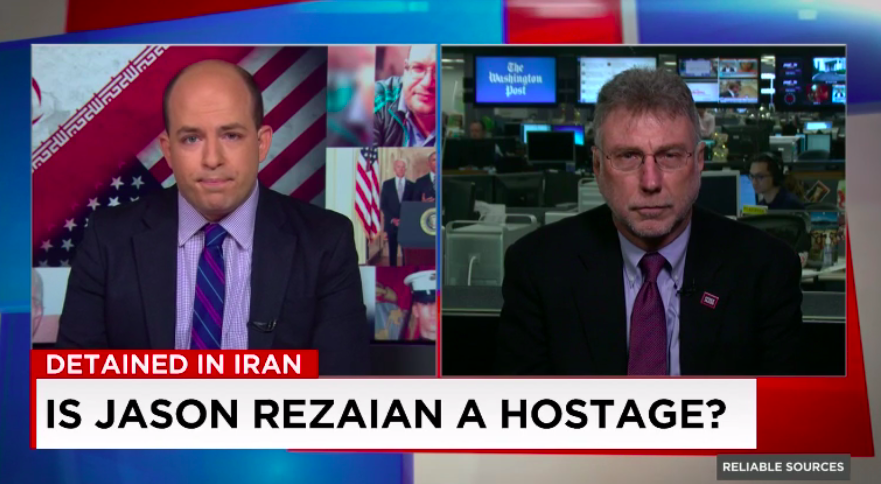
At the annual White House Correspondents' Dinner in April, President Obama said that the United States will not rest until Rezaian was freed.
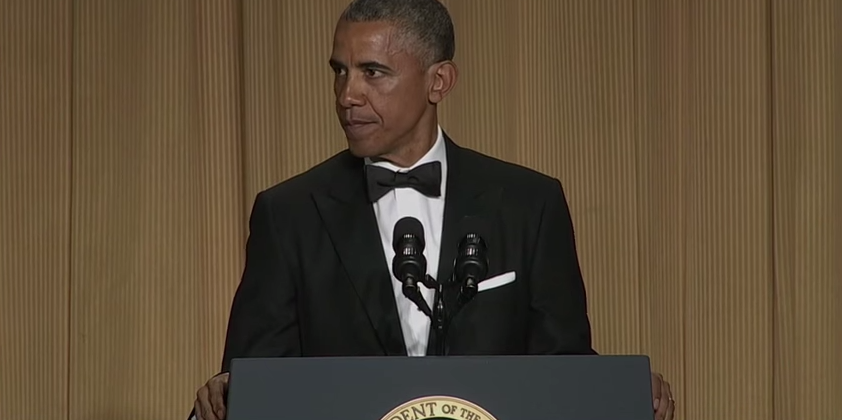
On Wednesday, the Post appealed to the United Nations to help secure Rezaian's release, seeking “urgent action” by the U.N. Human Rights Council to declare Iran’s treatment of Rezaian in violation of the country’s international treaty obligations.
The 40-page U.N. petition also reveals, for the first time since Rezaian's arrest, how Iranian security forces abruptly broke down the door of his home and seized computers, notes, passports, books and other personal effects.


